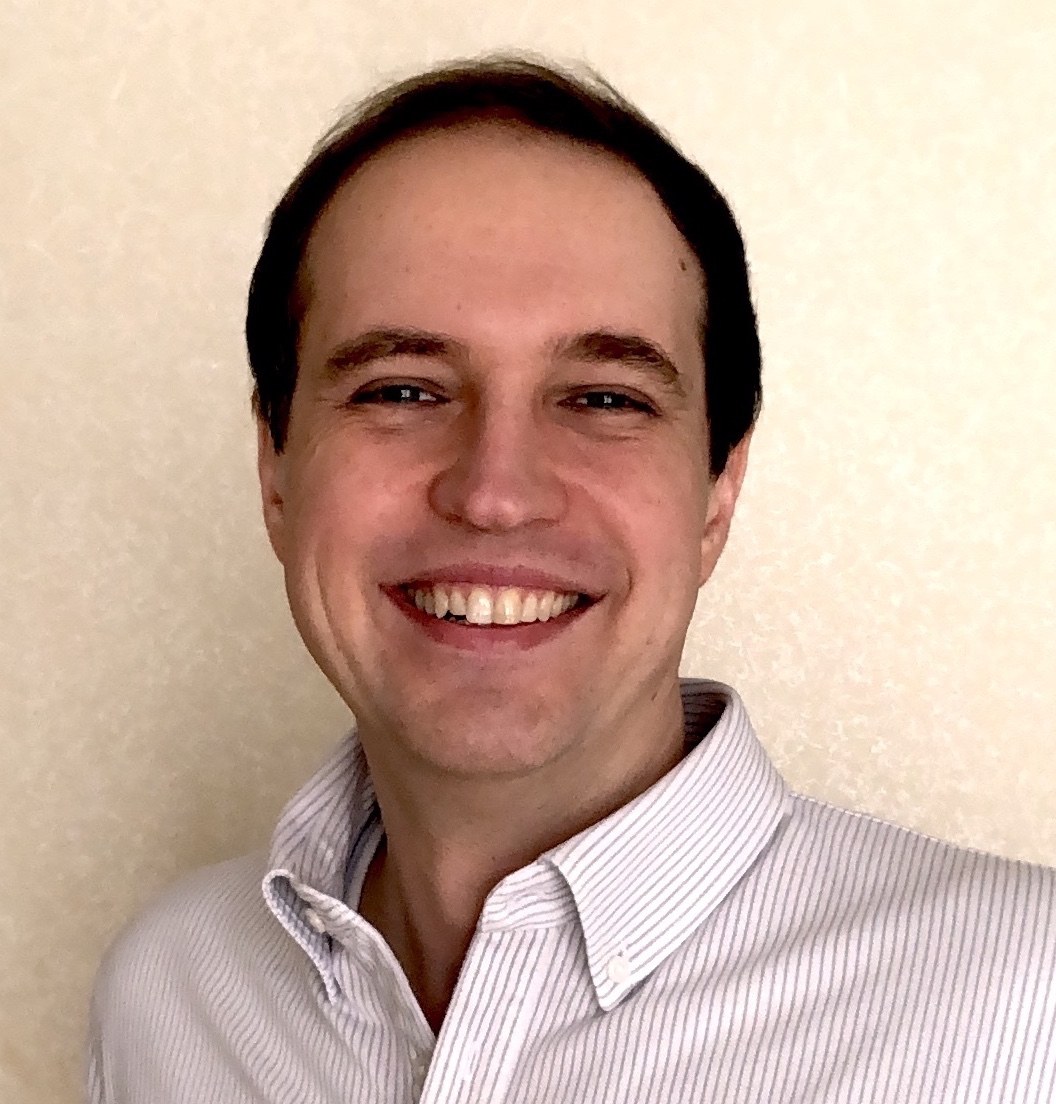
Michal Fabinger
Educator and Researcher
Ph.D. Physics (Theoretical Physics: String Theory), Stanford University
Ph.D. Economics (International Economics, Firm Behavior), Harvard University
Michal is the main person responsible for this school's operations, teaching, and cloud engineering.
Michal conducted research on high-energy theoretical physics (string theory), international trade, international finance, industrial organization, spatial economics, and other subjects. At the University of Tokyo and the Pennsylvania State University, Michal taught courses on Deep Learning, Data Science, Statistics, Asset Pricing, International Trade, International Finance, and Development Economics.
Michal started his research as an undergraduate at Charles University in Prague, collaborating on a string theory project with Petr Hořava, then at Caltech. He completed his physics Ph.D. under the supervision of Eva Silverstein at Stanford. At that time he also extensively traveled to developing countries and learned about the living conditions there.
After a short postdoc at the IAS in Princeton, Michal joined Harvard University as a Junior Fellow at the Harvard Society of Fellows. Meeting Ben Olken there convinced him that academic research can play an important role in improving conditions in developing countries. Since he felt he still had much to learn, Michal completed a Ph.D. in economics at Harvard University. His primary advisor was Gita Gopinath, now the Chief Economist at the IMF. Similarly, Michal spent a substantial amount of time on other data-intensive subjects, such as machine learning and artificial intelligence.
Traveling to the Philippines as a part of Yasuyuki Sawada's Development Economics research team convinced Michal that there is room for an independent institution/school that could solve many problems that are currently left unsolved. He believes that relative to universities, it is possible to increase the quality/relevance of education by an order of magnitude and simultaneously decrease the cost by an order of magnitude. Of course, this requires the right approach, the right technology, and a great community.
While running the school, Michal also continues to teach his Data Science, Statistics, and/or Economics courses at the University of Tokyo and conducts research there.
